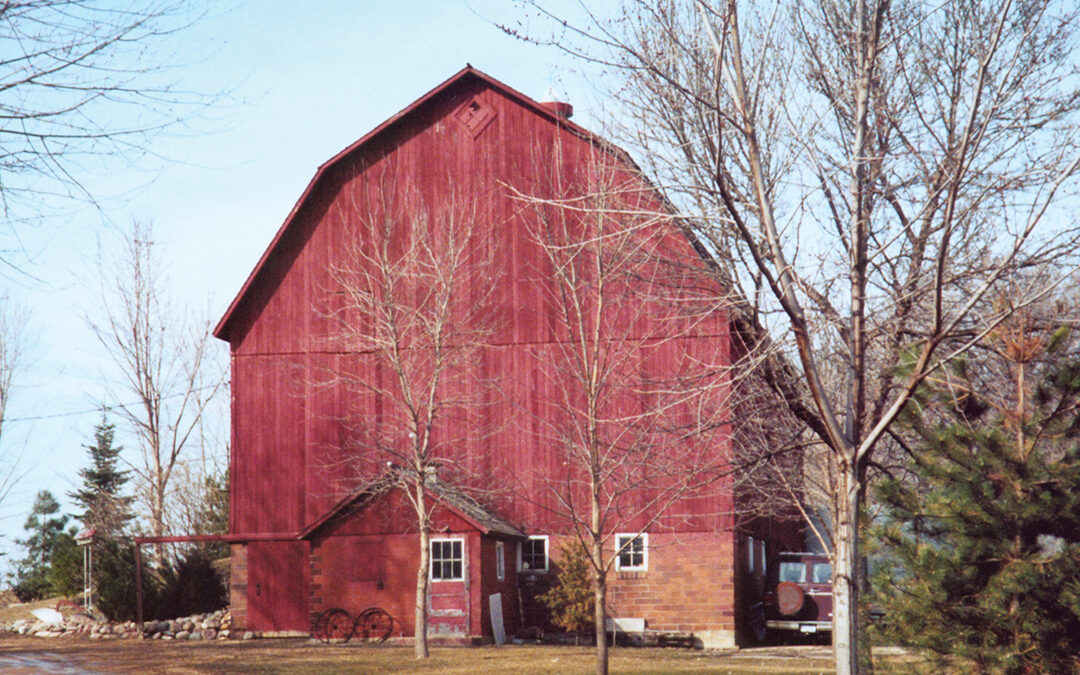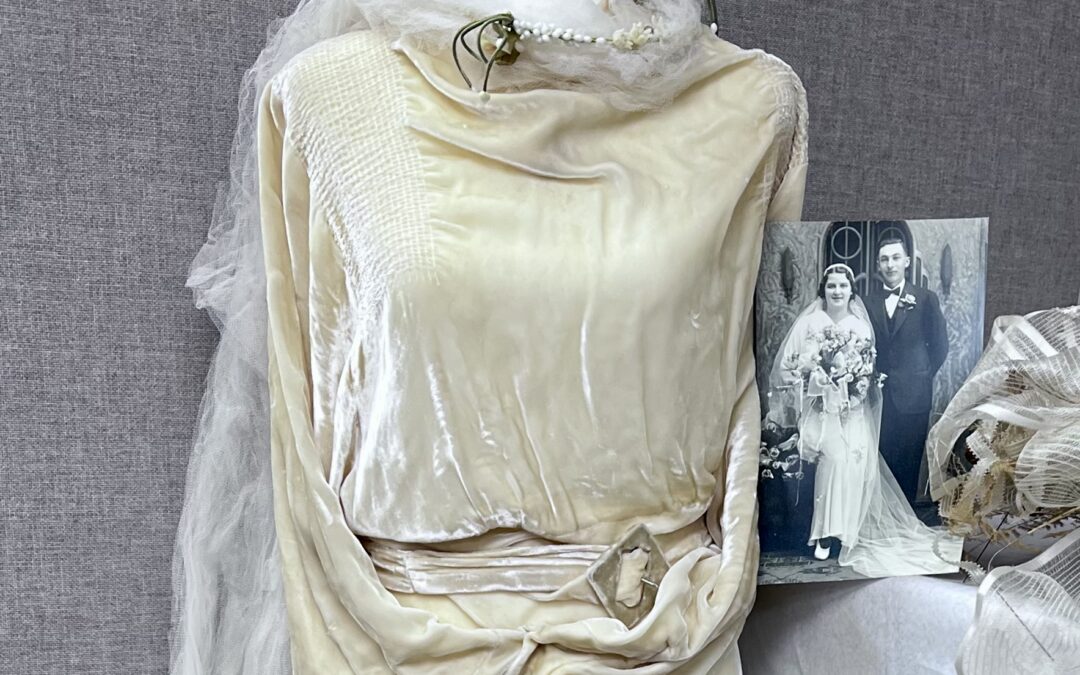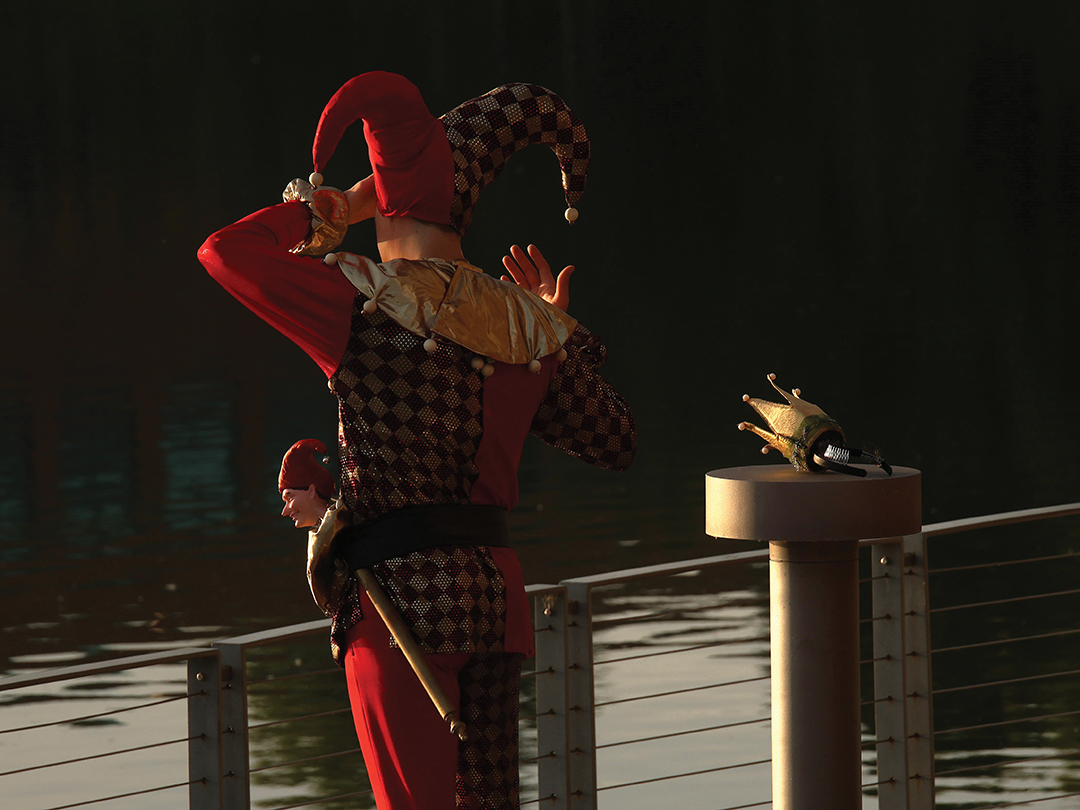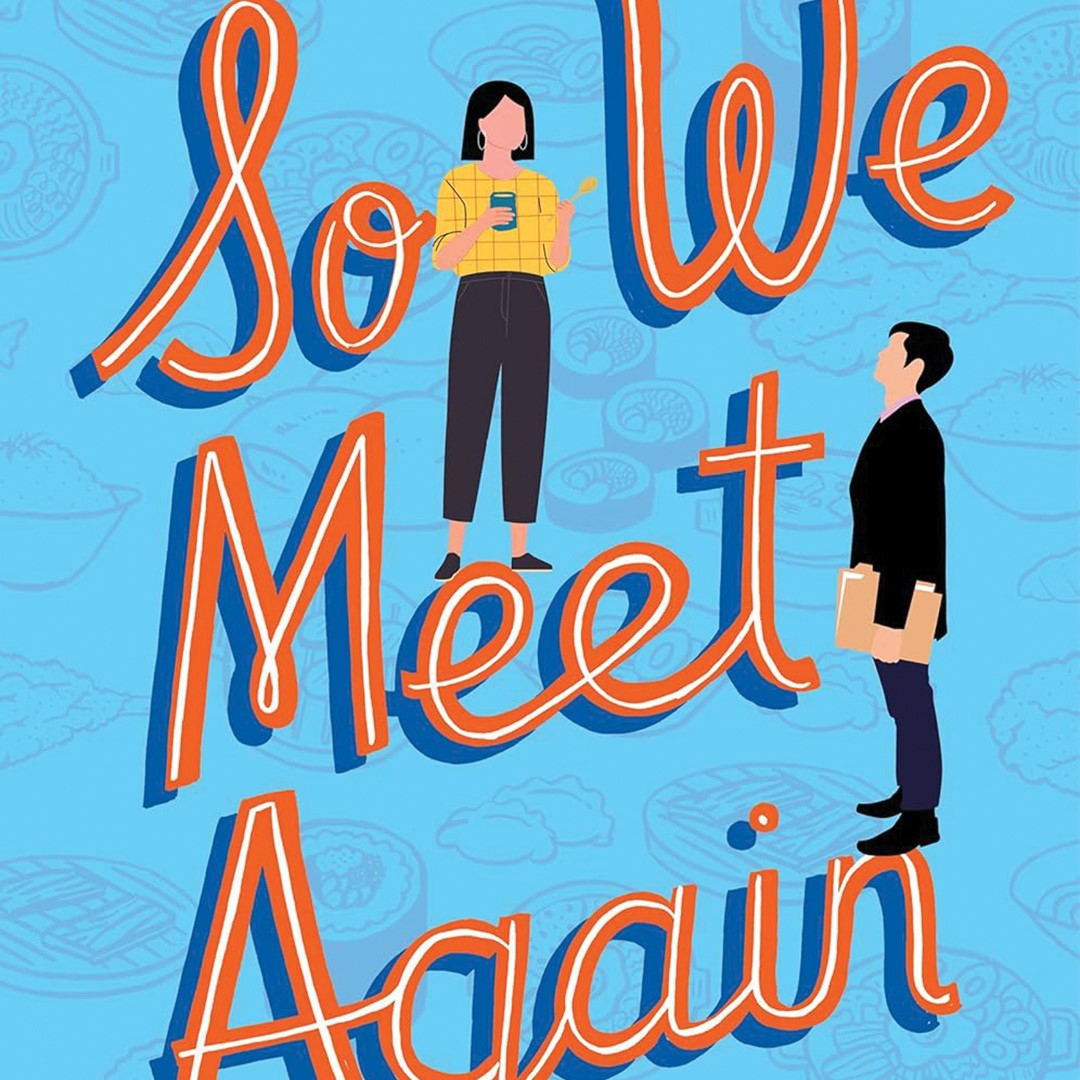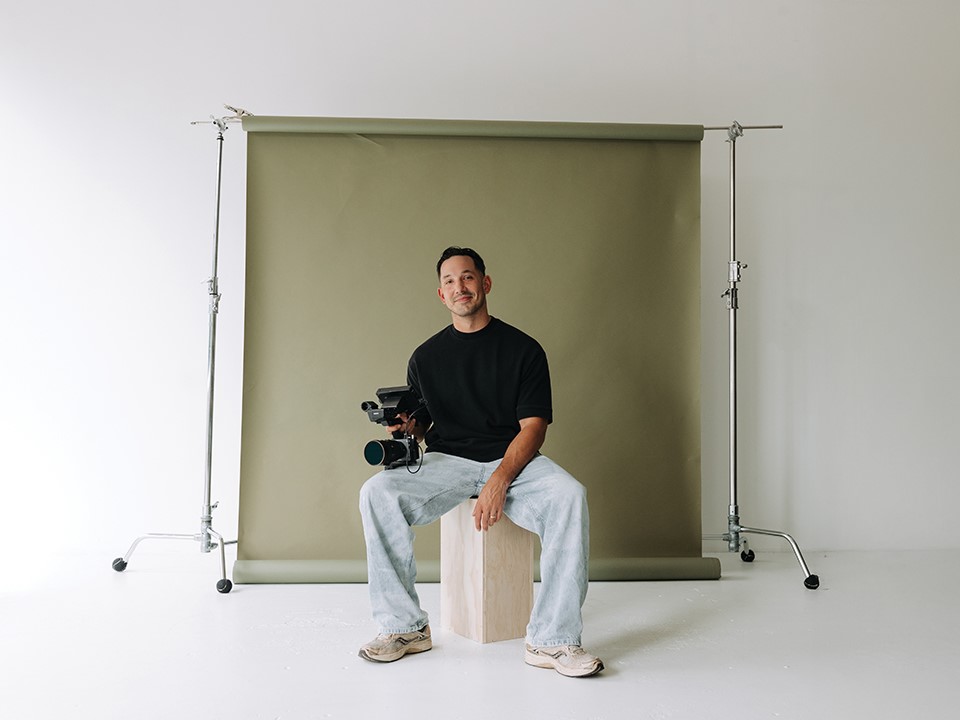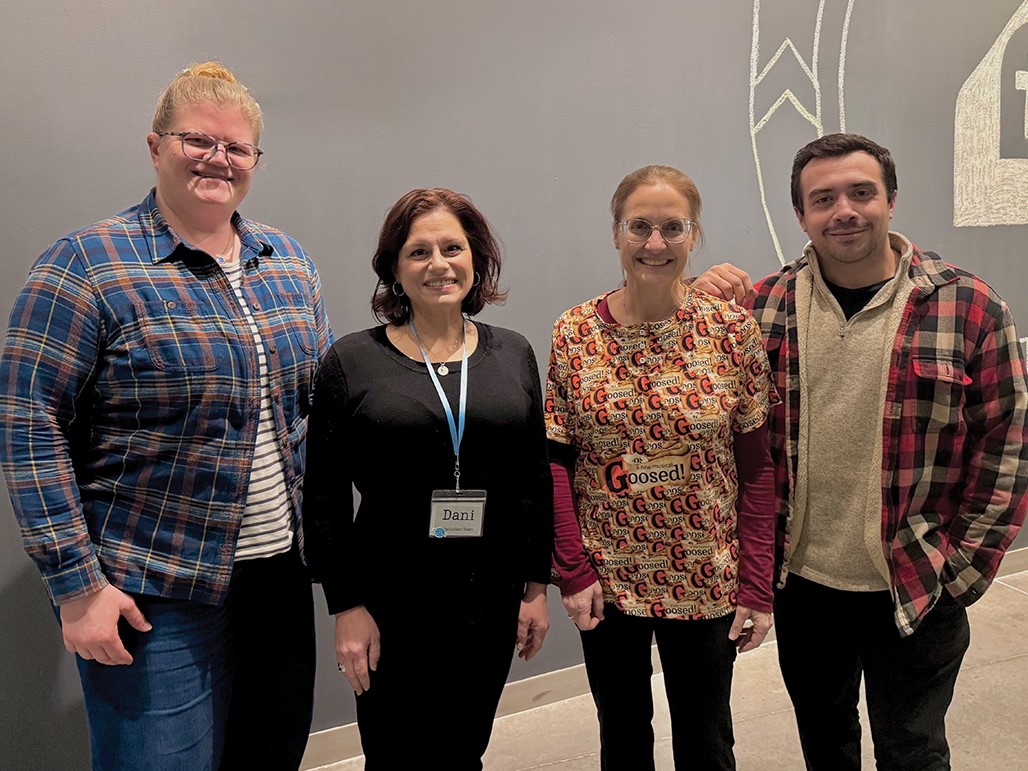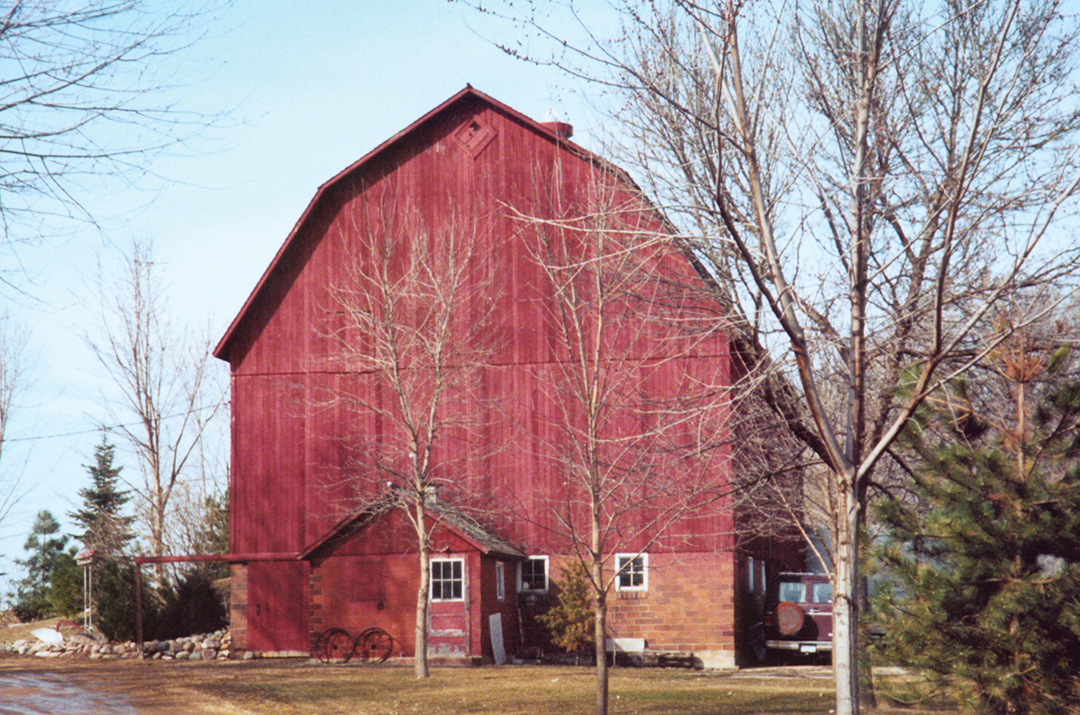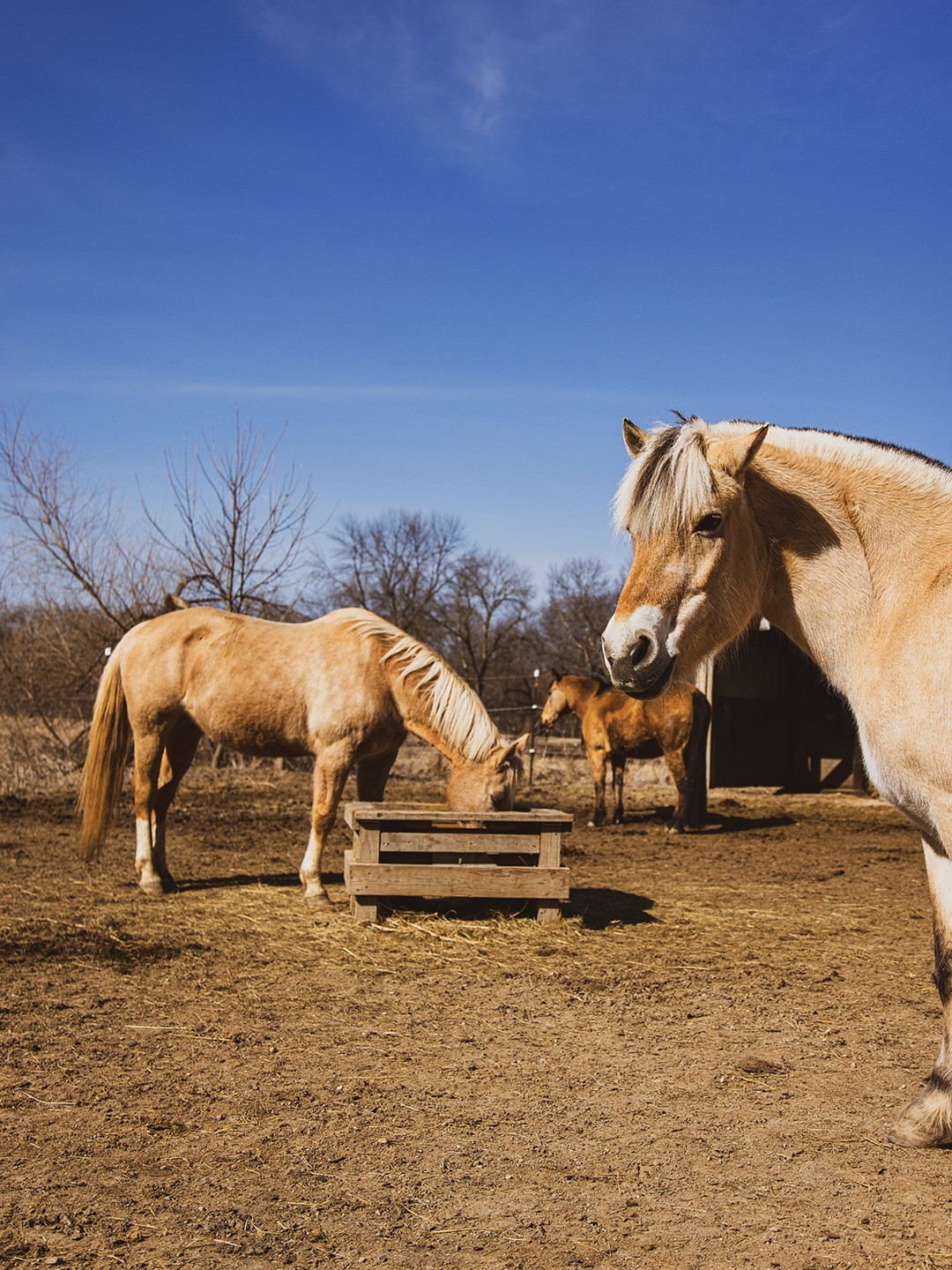
Photo: Chris Emeott
Largest and oldest therapeutic riding program in Minnesota connects horses and humans to transform the lives of individuals with disabilities.
At We Can Ride (WCR), therapy horses, clients, staff and volunteers come together in a unique partnership that creates lasting connections and friendships for everyone involved.
The nonprofit organization’s education manager, Michelle Haury, says in a world where there are many things that aren’t joyful, stepping into the barn at WCR places you in a different universe. It’s one of the reasons she’s so passionate about the organization. “I get addicted to this work,” she says. “It’s so rewarding. It’s a lot of hard work, but the magical moments make it worth it.”

We Can Ride offers the largest and oldest therapeutic riding program in Minnesota. Its mission is to transform the lives of individuals with disabilities by connecting humans with horses. Programs range from riding to equine-assisted learning. Photos: Laura Schmieg
With the mission to connect humans and horses to transform the lives of individuals with disabilities and meet the evolving needs of the greater community, WCR is the oldest and largest therapeutic riding facility in Minnesota. For everyone who works, volunteers or comes to the organization, different kinds of magical moments are created. “I love seeing how proud someone is of themselves when they do something they didn’t think they were going to be able to do,” Haury says.
It’s part of what makes WCR so unique. By making equine activities accessible, it supports clients in their pursuit of living full and rich lives. Whether in the saddle or working with horses on the ground, the diversity of experiences the organization offers is matched only by the diversity of the people they serve.
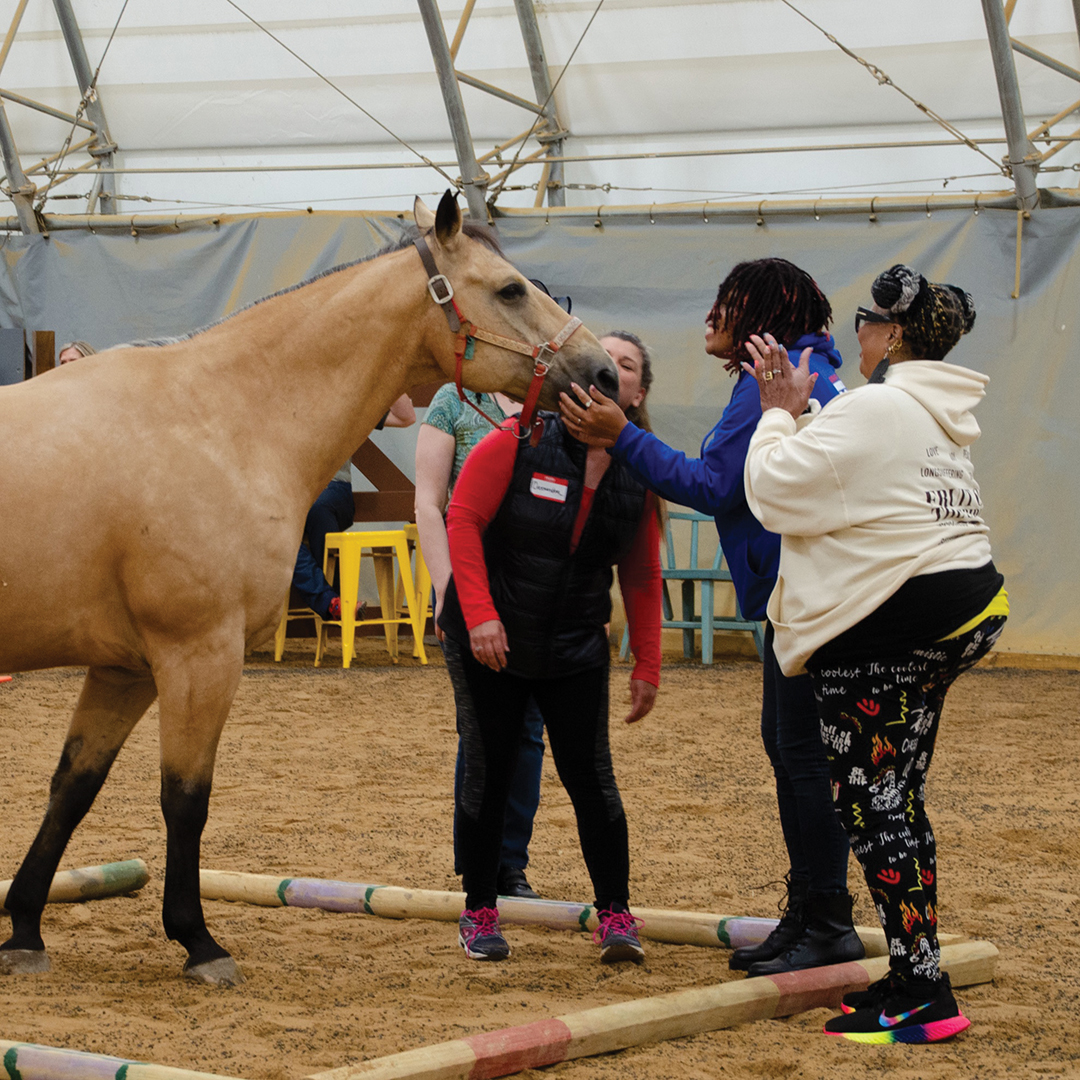
A Unique Kind of Therapy
Laura Schmieg, communications manager, says the organization, founded in 1982, is instrumental to the lives of the clients it serves. “We’re not instead of traditional therapy; we’re in addition to,” she says. “We find that many of our clients are excited to work on some of their therapies in a nonclinical way.”
She says many WCR clients with physical disabilities spend a lot of time in clinical settings and coming to spend time with a horse specifically matched to the client offers a different way to work on the same set of skills.
“We do contract with different kinds of therapists, so they can work on their therapy goals in their riding lessons,” she says. “A lot of families say they have to drag their loved one to therapy, but coming to [WCR] is different.”
However, not all of the riders have physical disabilities. Schmieg says they work with people with autism spectrum disorder, anxiety and ADHD, to name a few cognitive diagnoses.
“Our belief is that people with disabilities need an inclusive and responsive community in order to thrive,” Schmieg says. “They have every right to expect to have the same opportunities that their peers do, and we can support them in living really rich, multidimensional full lives.”
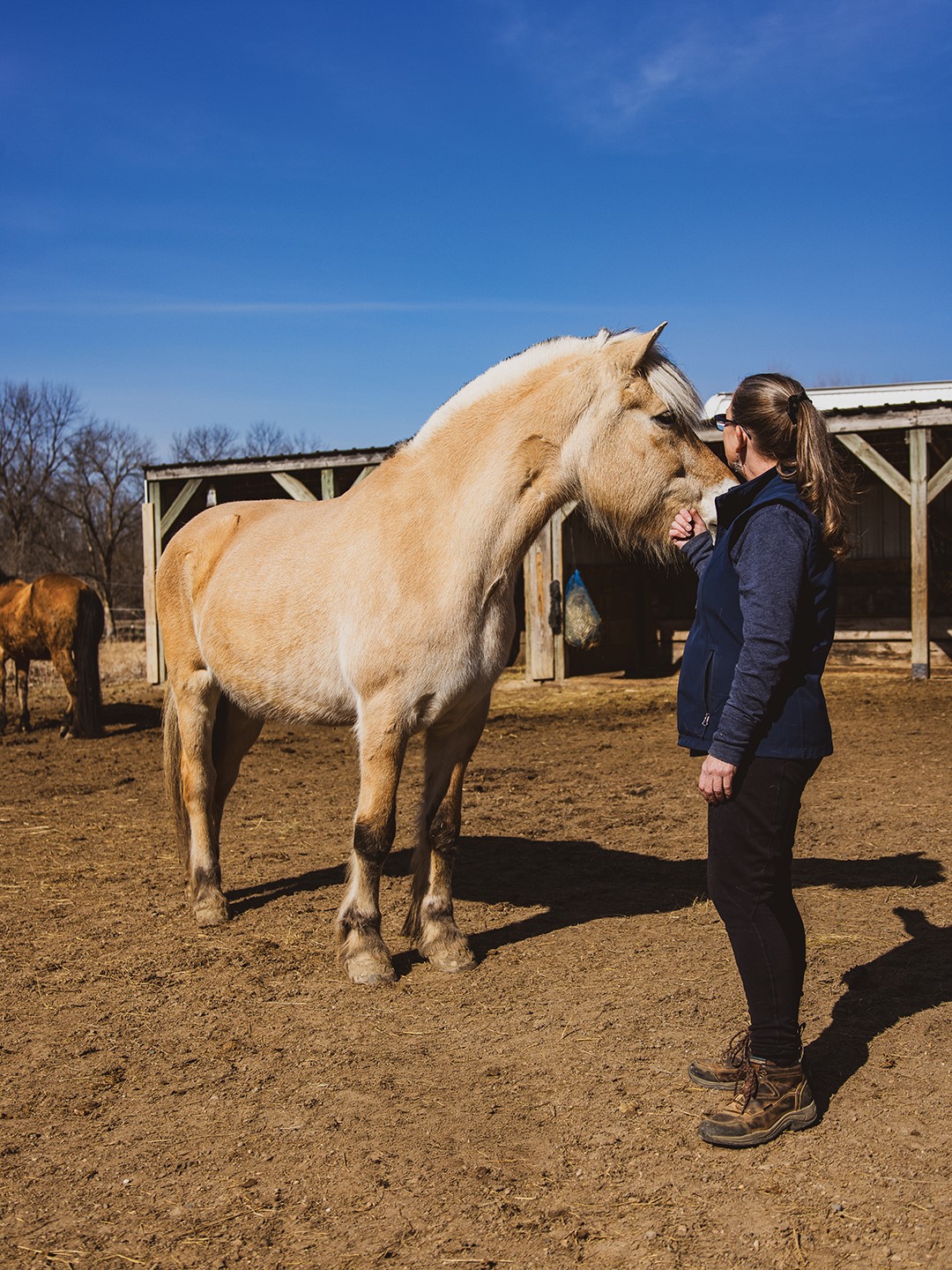
Michelle Haury, education manager at We Can Ride, with Klara, a Norwegian Fjord. Photos: Chris Emeott
And while WCR centers its work around the clients it serves, the organization also holds special meaning for its employees. Haury, who now lives in Hopkins but isn’t originally from Minnesota, was feeling lost before finding WCR in 2011. She was going through marriage counseling and wanted a career.
“I grew up with horses, and my therapist knew of an organization that works with horses in the mental health industry … I found WCR while researching equine therapy,” Haury says, admitting she was surprised something like it existed. “I called them up and said I wanted to be an instructor.”
While the process is a little more complex than that, Haury was told she’d need to start by volunteering and then work on any necessary certifications to become an instructor. “During my first class, I walked up to the instructor and informed her that was something I intended to work toward,” she says. “She asked me how long I’d been volunteering, and I told her about 15 minutes.”
Leaving an impression, Haury says that the instructor, Kate Nelson, became her mentor. The pair are still friends 12 years later, and Haury says she is grateful for that early interaction. “She was the perfect person to mentor me,” she says.
In 2012, Haury became a PATH International therapeutic riding instructor. She says the certification process may have been grueling, but it was incredibly special. Now, she serves as the organization’s education manager, mentoring people who want to become instructors.
Haury threw in another full-circle memory of her own childhood when her parents were going through a divorce, and how she would seek solace in the pasture with horses. “The horses took care of little Michelle,” she says. “I would sing to them and go for rides. I would feel better. Then, when I was going through my own divorce, the horses at [WCR] took care of me again. Now, I can give back to those horses.”
The Heart of a Volunteer
Part of what makes WCR so successful are the more than 500 volunteers who dedicate hours upon hours of love and care to the organization.
Kim Hawes is one of those volunteers. The Maple Grove woman says an internet search led her to the organization, and as soon as she read about what it stood for and its mission, she knew it would be a good fit. “I haven’t looked back since,” she says. “It’s been a spectacular experience.”
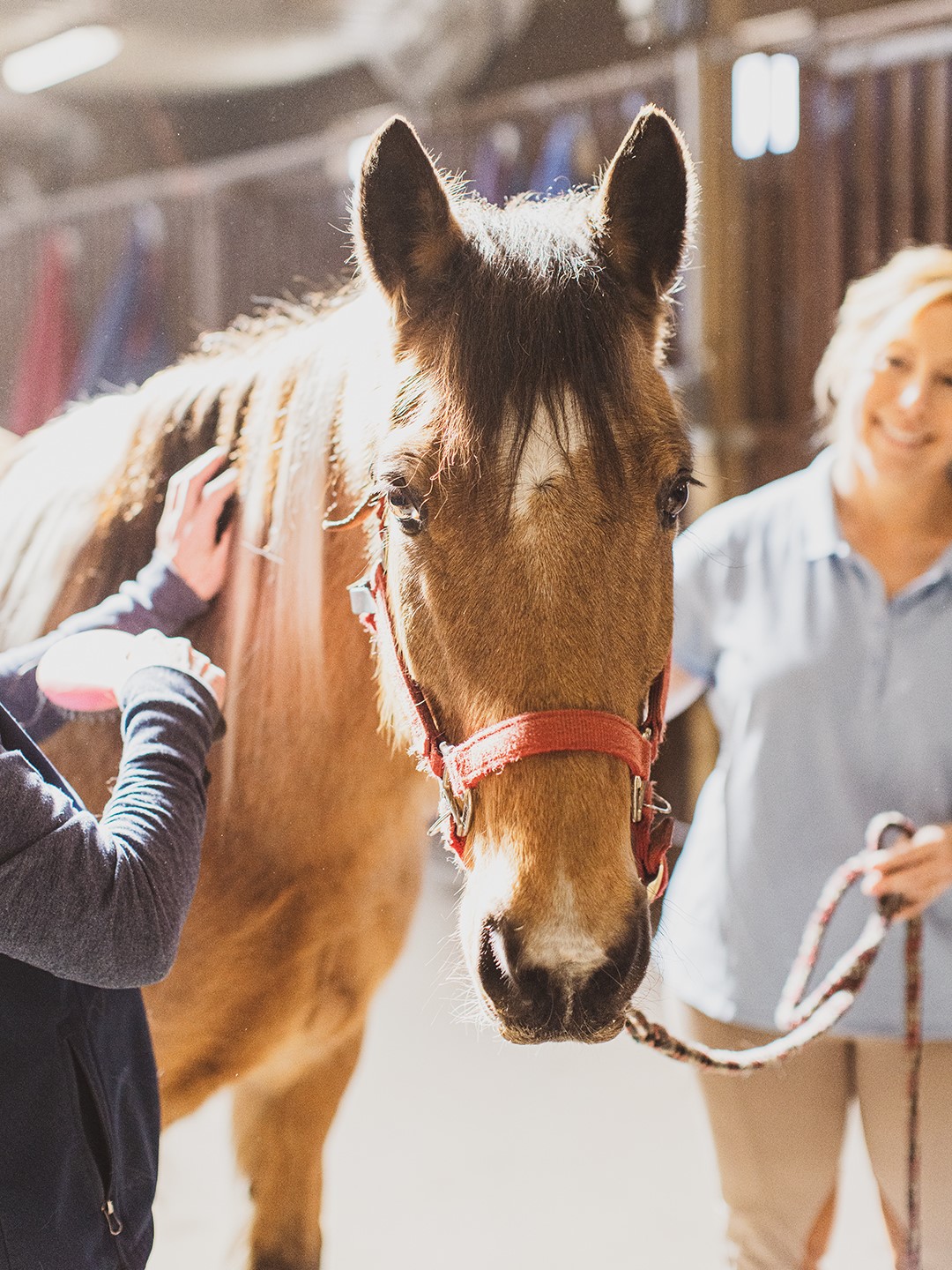
Michelle Haury brushes Romeo, a Tennesee Walker/Rocky Mountain Horse, with volunteer and Maple Grove resident Kim Hawes.
Hawes’ main role is feeding horses and moving them from the pasture to the stable. She is also a certified equine massage therapist, which means she does healing therapy on the organization’s 16 horses. “They give so much to the clients, and they need their own tender, loving care,” she says. “They have such amazing energy, and I love being around them. There’s something about it that just feels good.”
Hawes says she’s grateful for the sense of community WCR offers her and says the feeling is mutual for most of the people involved in the organization. “Everyone I have met there is just spectacular,” she says. “They’re such good people, and I love what they do for the community. It’s a really special place.”
Hawes encourages others who are thinking about volunteering to consider donating their time to WCR. Schmieg says volunteers serve in every capacity, including working with clients, performing chores and serving on a maintenance crew. “We would be no place without the hundreds and thousands of hours volunteers come in and support us,” Schmieg says.
Hawes can’t say enough good things about WCR. “It’s so fulfilling to be a volunteer there and to see the amazing work they do,” she says.
We Can Ride
PO BOX 463, Maple Plain; 952.934.0057
Facebook: We Can Ride, Inc.
Instagram: @wecanrideinc
TikTok: @we.can.ride
YouTube: We Can Ride


